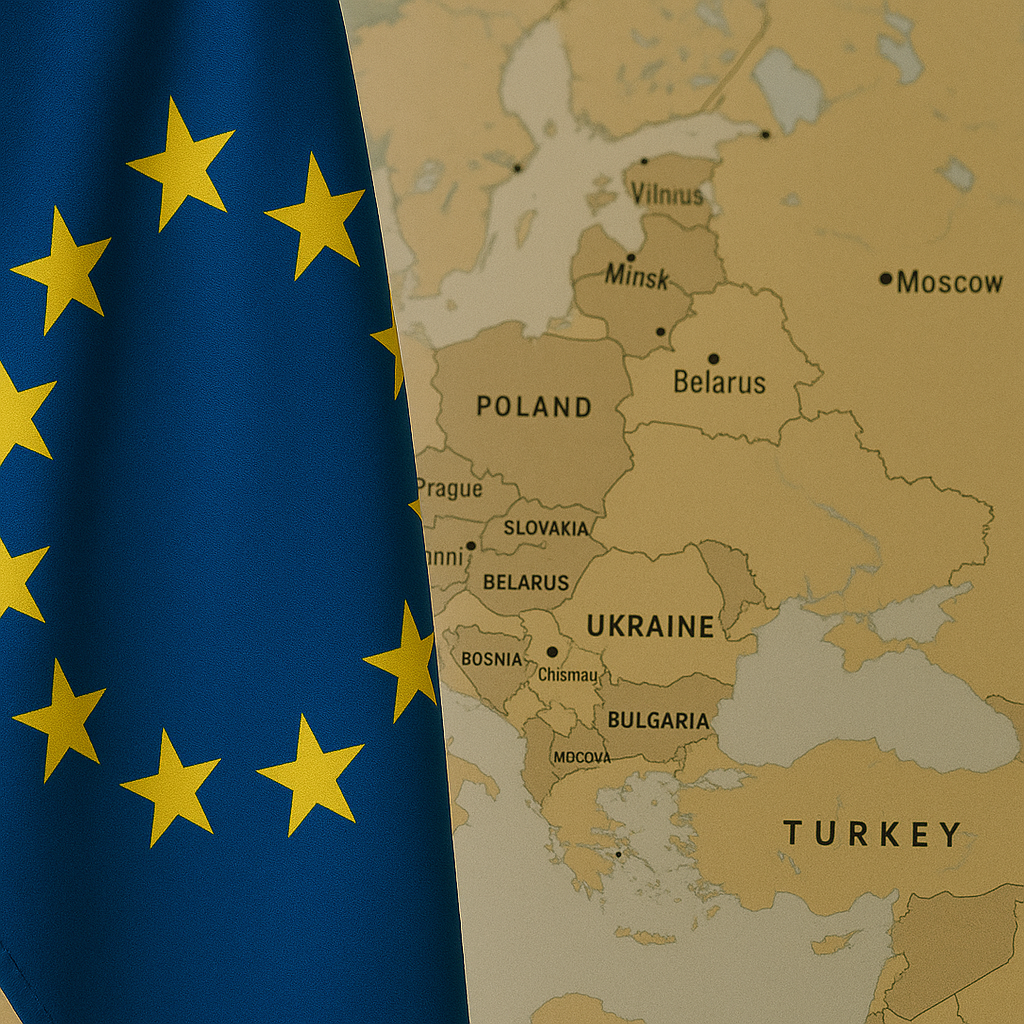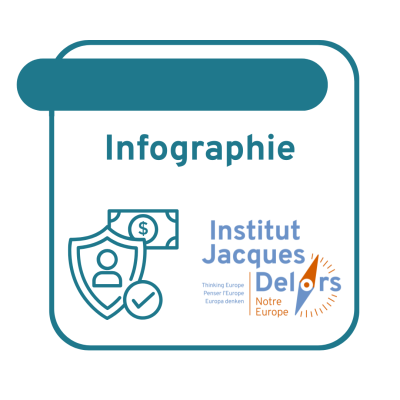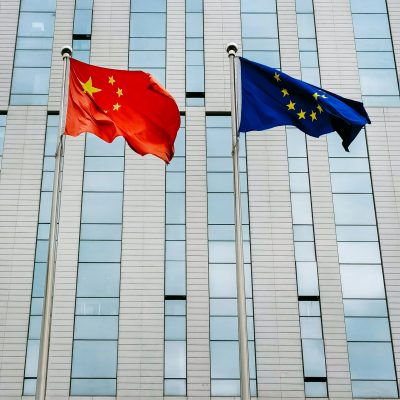[EN] L’UE à l’Est : un discours trop ambitieux et une action pas assez ciblée
*Uniquement en anglais*
Lucia Najšlová, Vera Rihácková, chercheuses Senior, Europeum et Olga Shumylo-Tapiola, Chercheur, Carnegie Europe —
Although the EU is today mired in a number of uncertainties regarding the future of its own internal decision-making structures, it still is a source of inspiration for reform-minded groups and individuals in its Eastern neighbourhood. While strengthening of democratic institutions and improvement of governance are tasks that have to be desired and accomplished by Eastern neighbours themselves, the EU can contribute to the process by focusing on areas in which it has already a track-record. Encouraging a multi-stakeholder dialogue and amplifying the voice of non-state actors acting in the public interest are key issues on which the Union should focus its assistance to the East. In its dialogue with partner governments, the EU should emphasize that it supports only projects for which such groups have been previously consulted. At the same time, those in charge of policy towards Eastern neighbours should follow more closely developments in Turkey’s and Russia’s neighbourhood policies towards the same countries.

Disponible en anglais uniquement
Ce Policy
Paper est une contribution de Lucia Najšlová(Europeum), Vera Rihácková(Europeum) et Olga Shumylo-Tapiola (Carnegie Europe) au
projet Think
Global – Act European (TGAE). Thinking Strategically about the EU’s external
action dirigé par Notre Europe – Institut Jacques Delors(rapport
disponible en mars 2013, dir. Elvire Fabry,
Chercheur Senior, Notre Europe – Institut Jacques Delors).
Although the EU is today mired in a number of
uncertainties regarding the future of its own internal decision-making
structures, it still is a source of inspiration for reform-minded groups and
individuals in its Eastern neighbourhood. While strengthening of democratic
institutions and improvement of governance are tasks that have to be desired
and accomplished by Eastern neighbours themselves, the EU can contribute to the
process by focusing on areas in which it has already a track-record. Encouraging
a multi-stakeholder dialogue and amplifying the voice of non-state actors
acting in the public interest are key issues on which the Union should focus
its assistance to the East. In its dialogue with partner governments, the EU
should emphasize that it supports only projects for which such groups have been
previously consulted. At the same time, those in charge of policy towards
Eastern neighbours should follow more closely developments in Turkey’s and
Russia’s neighbourhood policies towards the same countries.
Avant la publication
du rapport final présentant les recommandations clés des16 think tanks mobilisés dans ce projet, 5 séries
de Policy Papers portent sur les sujets suivants : Voisinage de l’UE,PSDC, Ressources stratégiques, Migration et Politiques économiques.
Ce Policy
Paper fait partie de la série intitulée « Comment faire du voisinage de
l’Union européenne une opportunité pour l’Union elle-même?» qui comprend
les contributions de Michele Comelli (IAI), Christophe Hillion(SIEPS), Haizam
Amirah Fernández (Elcano Royal Institute), Timo Behr (Notre Europe – Jacques
Delors Institute), Adam Bamcer (demosEUROPA).
Voir les autres contributions de la série de voisinage >>
Ce projet
est mené avec le soutien du 




